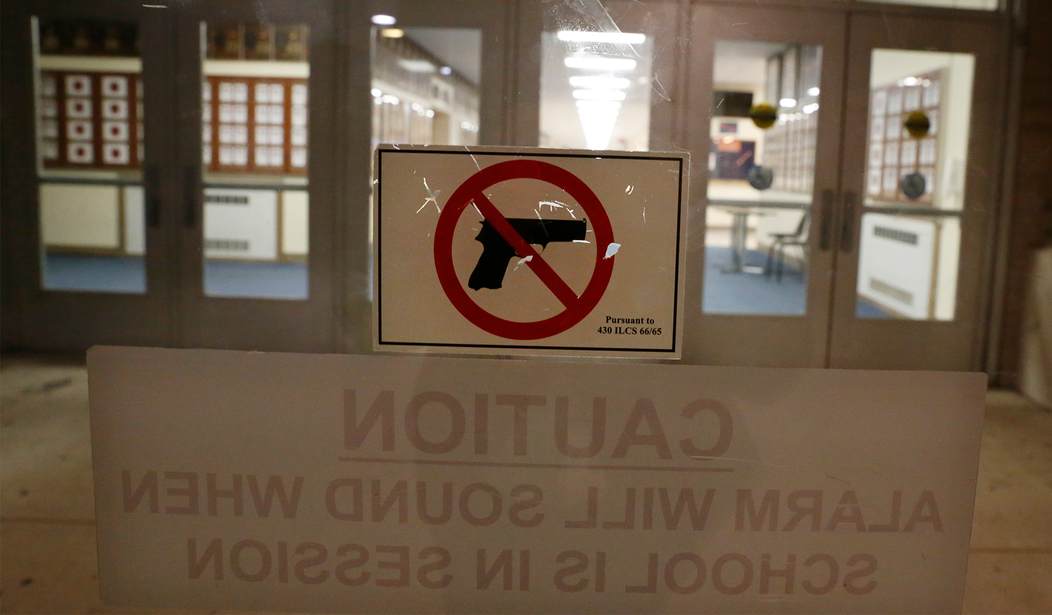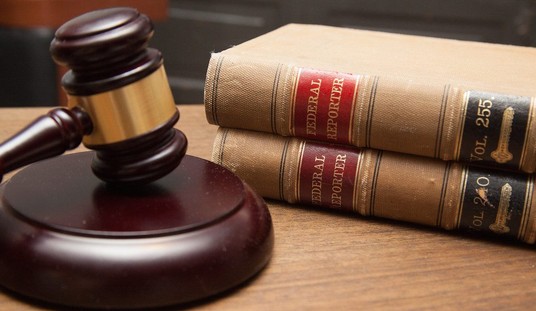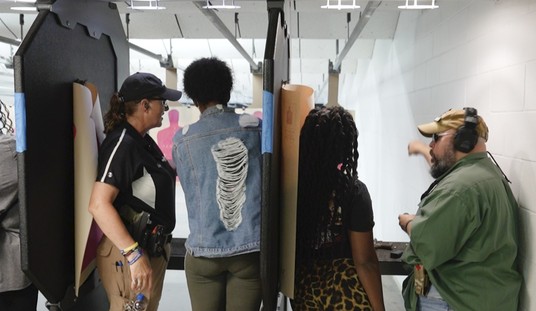The University of Michigan’s ban on concealed carry across its sprawling campus in East Lansing doesn’t violate the Second Amendment rights of a concealed carry holder who sued over the prohibition, according to a panel on the state’s Court of Appeals. In a decision handed down on Thursday two of the three judges who heard the case rejected the arguments from Joshua Wade and his attorneys that the university’s designation as a “sensitive place” off-limits to lawful carrying doesn’t fit within the text, history, and tradition of the Second Amendment, ruling instead that since “schools” have been noted by the Supreme Court as one of the few places where guns can be prohibited, the university’s “gun-free zones” pose no constitutional issue.
Wade’s attorneys argued that the Michigan Legislature had distinguished between schools and universities and determined that a large university has more in common with a city than a school and therefore, UM shouldn’t be considered a “school” for the purposes of identifying it as a “sensitive place.”On Friday, the Michigan Court of Appeals affirmed its earlier opinion, concluding that while Wade was within his Second Amendment rights to carry, UM “is a school, and thus, a sensitive place.”“Article X is constitutionally permissible because laws forbidding the carrying of firearms in sensitive places are consistent with the Second Amendment,” Court of Appeals Judges Mark Cavanaugh and Deborah Servitto said in a written opinion.
Following the analytical framework set forth in Bruen, we first conclude that plaintiff’s conduct is presumptively protected by the Second Amendment. Second, we conclude that the University is a school, and thus, a sensitive place. Therefore, Article X is constitutionally permissible because laws forbidding the carrying of firearms in sensitive places are consistent with the Second Amendment.In other words, Article X does not violate the Second Amendment. Accordingly, the trial court properly granted the University’s motion for summary disposition. We acknowledge that the parties, as well as the amici, present numerous policy arguments both in support of and against Article X. In brief, the University argues that, in addition to public safety concerns, the presence of firearms works against its important goals of protecting First Amendment freedoms and the free flow of information. The Michigan Attorney General argues that: courts should not interfere with state and local decisions; university students believe learning is hampered if firearms are permitted on campus; and the University would be an outlier among colleges and universities if its ordinance were struck down. Brady argues that Article X protects speech and the free exchange of ideas and furthers the University’s core educational goals. Giffords similarly argue that guns on campuses chill speech, impede learning, and pose unique safety risks. Further, there is no evidence that the presence of guns would decrease mass shootings. Plaintiff, however, argues that guns increase public safety. He further argues that the concerns regarding violence, suicide, and alcohol abuse may relate to students, but not to him, and the free flow of information is not a concern at the places of his proposed conduct. GOA similarly argues that Article X is far too broad, potentially affecting more than 88,000 people and effectively operating as a city-wide ban, which is impermissible. Clearly, the efficacy of gun bans as a public safety measure is a matter of debate. However, because the University is a school, and thus a sensitive place, it is up to the policy-maker—the University in this case—to determine how to address that public safety concern.









